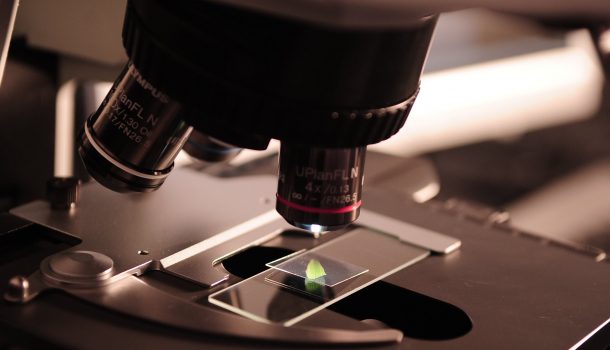Marshfield Clinic Research Institute’s Tick Inventory via Citizen Science (TICS) has identified more than 5,400 ticks sent by Wisconsin residents since the study opened in April. TICS researchers are still asking you to contribute any ticks you may find.

“The deer tick’s small size and greater likelihood of carrying illnesses like Lyme disease is what makes it critical to perform tick checks after spending time in wooded or brushy areas…”
“We often see a second peak of deer ticks in the fall, which are the ones that primarily carry disease in Wisconsin,” said Alexandra Linz, Marshfield Clinic Research Institute associate research scientist.
The study was first launched in central Wisconsin with the hope to receive a few hundred ticks. So far, the participation in TICS has exceeded expectations. Of the ticks collected, about 4,200 or more than 75% are the American dog (wood) tick and the majority of the remainder are the deer (blacklegged) tick. Much of that difference is likely due to the larger wood ticks being easier to spot than the smaller deer ticks.
“The deer tick’s small size and greater likelihood of carrying illnesses like Lyme disease is what makes it critical to perform tick checks after spending time in wooded or brushy areas,” Linz said.
The influx of ticks allowed the research team to detect much rarer species in Wisconsin, including 13 lone star ticks. The lone star tick causes Alpha-gal Syndrome, also known as the meat allergy, and it’s a species of concern that is being found more often in the Midwest.
Hunters can help, request a kit
If you’re out hunting, you can check your kills for ticks and contribute those as well. You’ll likely spot ticks near the eyes or ears, and it’s best to check as soon as possible as the ticks will start detaching as the body cools.
Boxes of kits are also available at Rib Mountain State Park, the George Mead Wildlife Area Education Center, Castlerock Veterinary in Marshfield, and many Marshfield Clinic locations.
For more information, or to request a pre-paid collection kit be sent to you, contact tics@marshfieldclinic.org or 1-715-389-7796 (extension 16462). Parks and nature centers interested in having kits available for their visitors also are encouraged to contact Marshfield Clinic Research Institute.
Once the tick, dead or alive, has been placed in the collection kit, just drop it in the mail to submit. Any tick found on people or pets is appreciated. Each kit will come with a unique identification number that people can use to look up, via an online dashboard, the species of ticks they submitted.
TICS will continue collecting ticks until winter ends tick activity for the year.


